@aolive.bsky.social looking at why alveolar macrophages drive strong type I IFN responses after TLR2 activation; we uncovered a surprising role for and mitochondria ROS and MAVS signaling - find out more here: www.biorxiv.org/content/10.1...
jamanetwork.com/journals/jam...

jamanetwork.com/journals/jam...
www.science.org/doi/10.1126/...
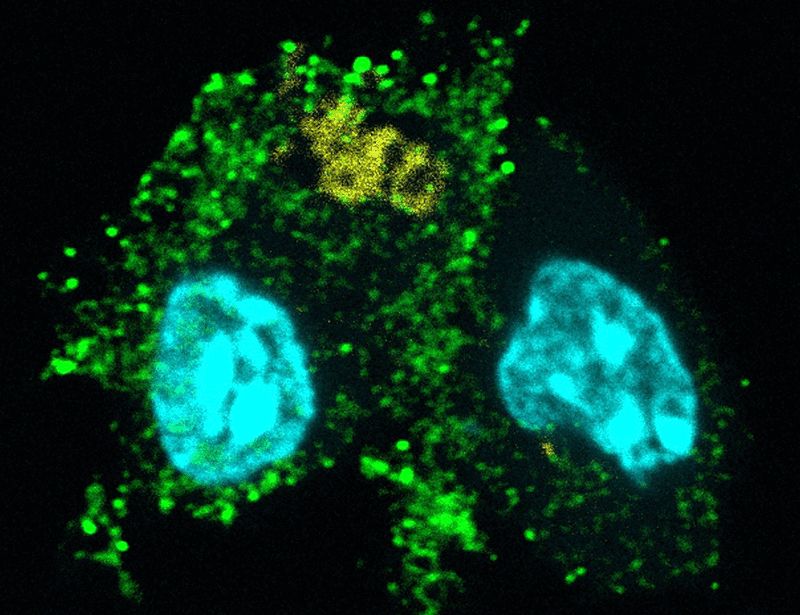
www.science.org/doi/10.1126/...

@aolive.bsky.social looking at why alveolar macrophages drive strong type I IFN responses after TLR2 activation; we uncovered a surprising role for and mitochondria ROS and MAVS signaling - find out more here: www.biorxiv.org/content/10.1...
@aolive.bsky.social looking at why alveolar macrophages drive strong type I IFN responses after TLR2 activation; we uncovered a surprising role for and mitochondria ROS and MAVS signaling - find out more here: www.biorxiv.org/content/10.1...
@cp-immunity.bsky.social. Heartfelt thanks to the editorial and review teams , to my co-first @yeungadventures.bsky.social, our co-authors, and to @khannakm.bsky.social
for his outstanding mentorship throughout! Pls read/share!👇
www.cell.com/immunity/ful...
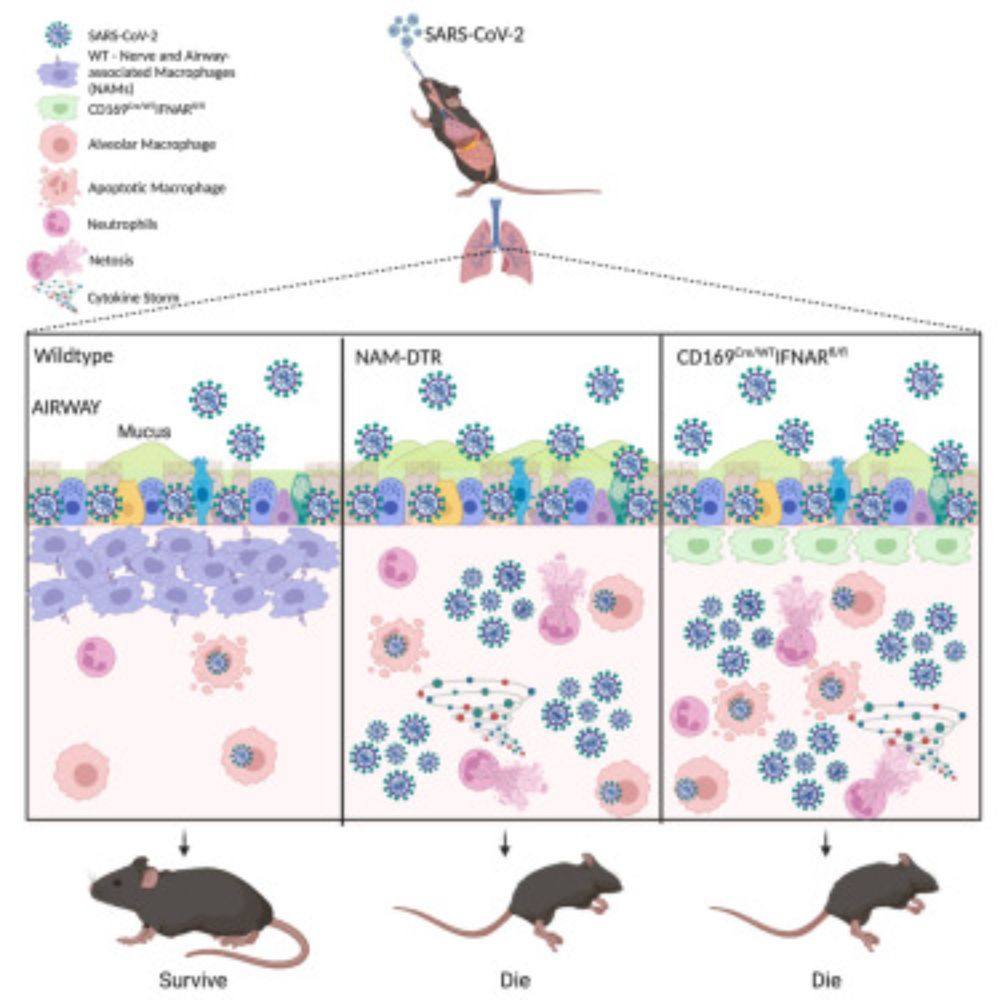
@cp-immunity.bsky.social. Heartfelt thanks to the editorial and review teams , to my co-first @yeungadventures.bsky.social, our co-authors, and to @khannakm.bsky.social
for his outstanding mentorship throughout! Pls read/share!👇
www.cell.com/immunity/ful...
authors.elsevier.com/c/1kwzj3QW8S...
authors.elsevier.com/c/1kwzj3QW8S...

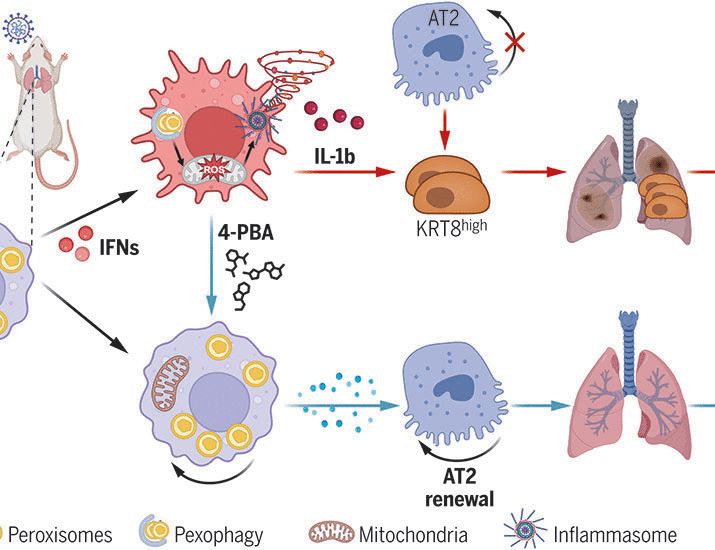
A basis—lung inflammation—for #LongCovid (PASC) in the experimental model, and a potential therapy
[driven by alveolar macrophages and loss of their peroxisomes (Figure)]
www.science.org/doi/10.1126/...
www.science.org/doi/10.1126/...

A basis—lung inflammation—for #LongCovid (PASC) in the experimental model, and a potential therapy
[driven by alveolar macrophages and loss of their peroxisomes (Figure)]
www.science.org/doi/10.1126/...
www.science.org/doi/10.1126/...
"The NIH... supported 99 percent of the drugs approved in the U.S. from 2010 to 2019. The agency has had a hand in “nearly all of our major medical breakthroughs over the past several decades,”
The NIH is in a struggle for its (and our) lives. This is existential to America:

"The NIH... supported 99 percent of the drugs approved in the U.S. from 2010 to 2019. The agency has had a hand in “nearly all of our major medical breakthroughs over the past several decades,”
The NIH is in a struggle for its (and our) lives. This is existential to America:
https://go.nature.com/3XmyOPD
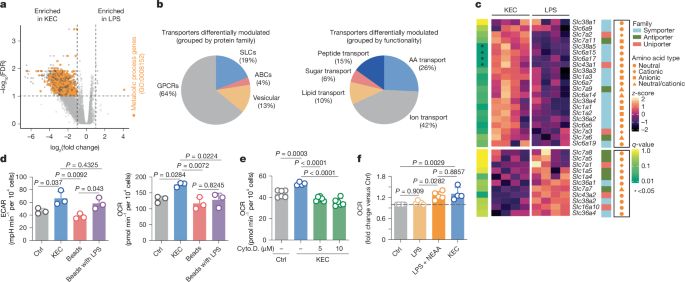

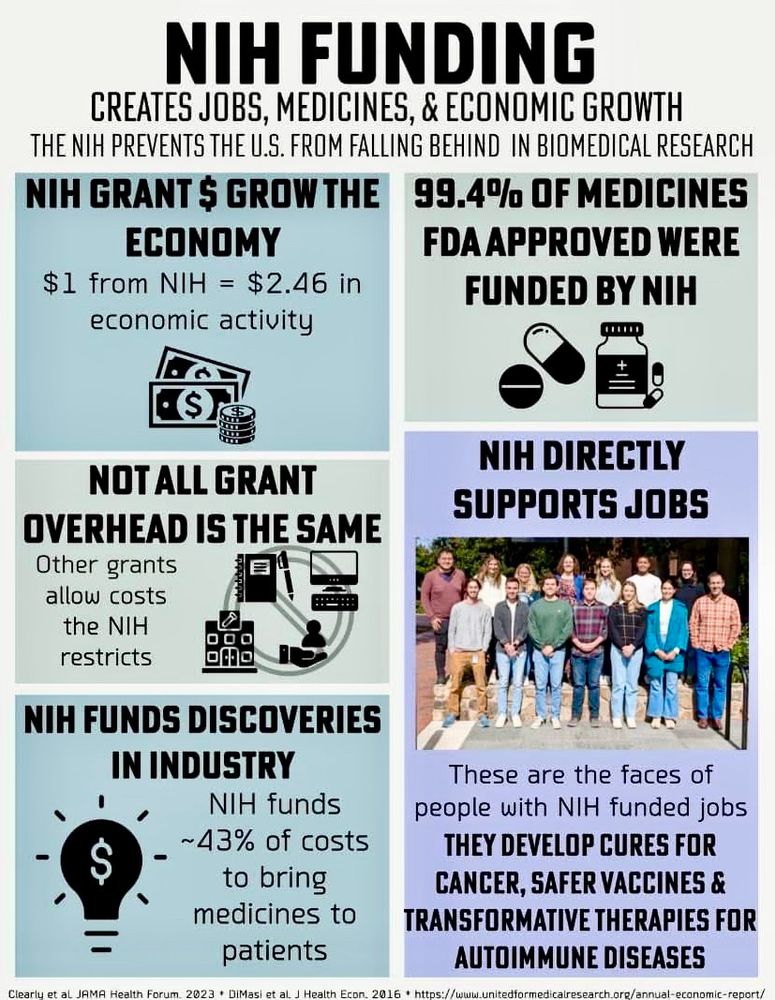
I’m very excited to share a preprint of the bulk of my thesis work in @sunnyshinlab.bsky.social where we investigate how dendritic cells respond to Legionella pneumophila
www.biorxiv.org/content/10.1...

journals.asm.org/doi/10.1128/...

journals.asm.org/doi/10.1128/...
We used genetic variation to show *reduced* IL-6 signalling is causally associated with *lower* risk of TB.
Lead author @gushamilton.bsky.social
#TBSky #IDSky #ImmunoSky www.thelancet.com/journals/lan...
Thread 👇 (1/8)
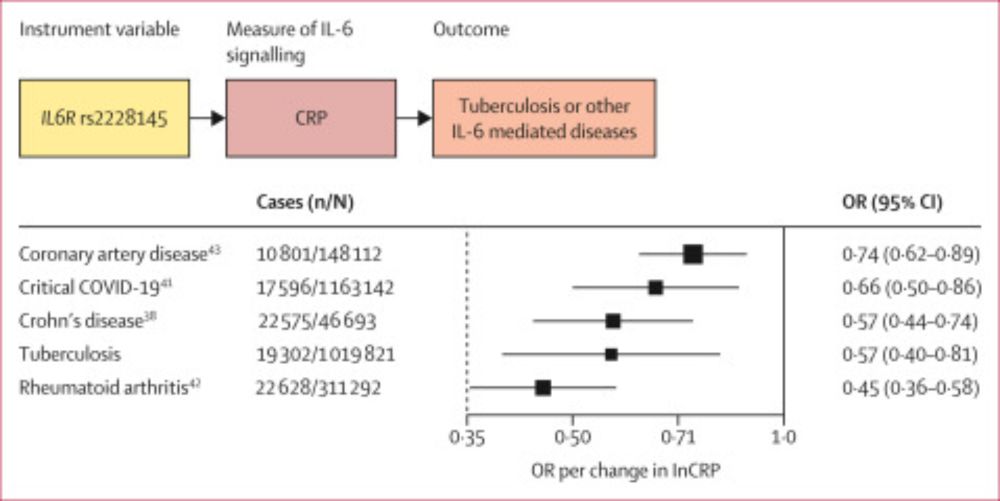
We used genetic variation to show *reduced* IL-6 signalling is causally associated with *lower* risk of TB.
Lead author @gushamilton.bsky.social
#TBSky #IDSky #ImmunoSky www.thelancet.com/journals/lan...
Thread 👇 (1/8)


